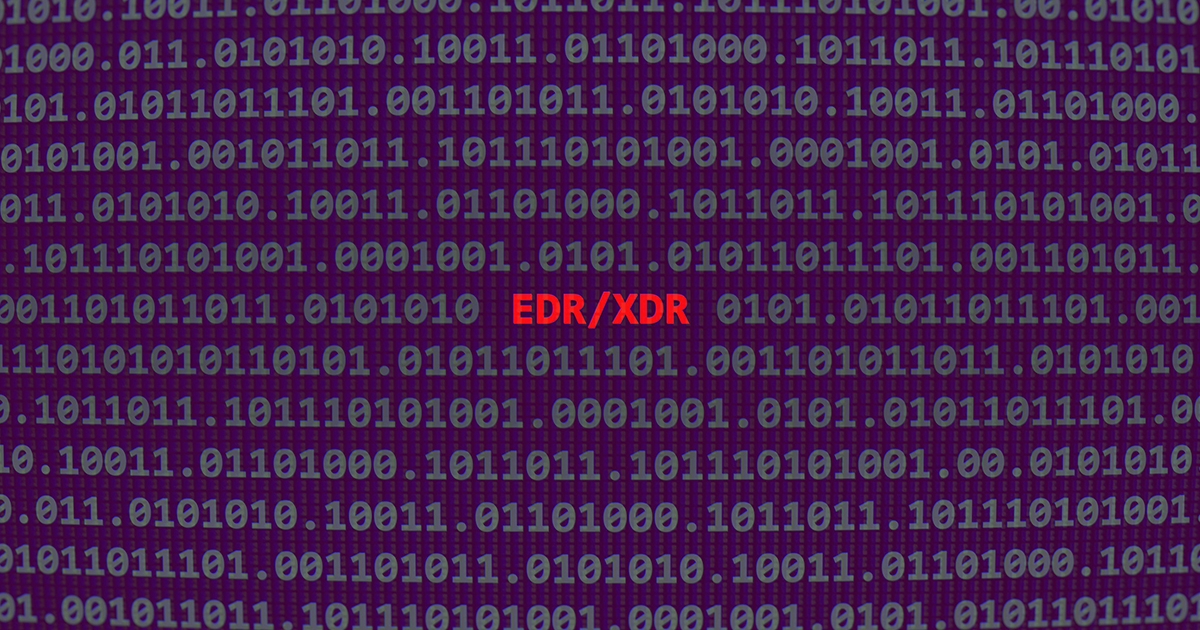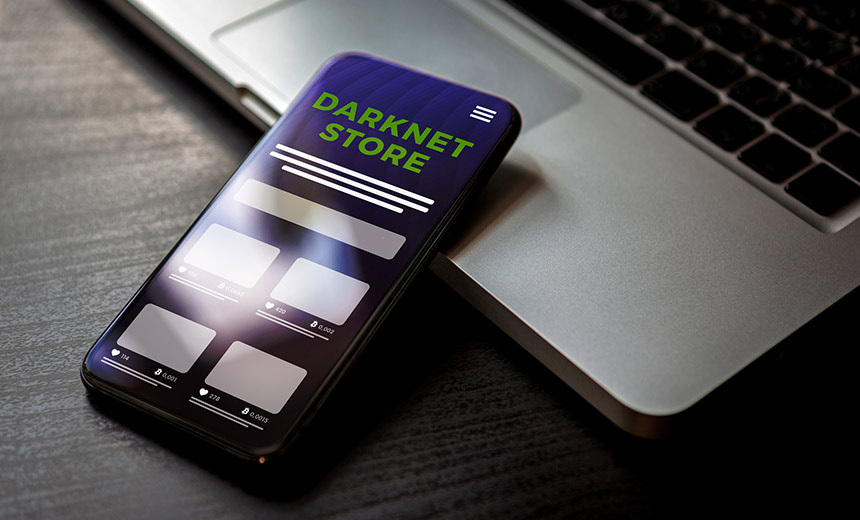In a briefing at Black Hat Asia, Shmuel Cohen, security researcher at SafeBreach, described how he not only reverse-engineered and cracked into the company’s signature Cortex product but also weaponized it to deploy a reverse shell and ransomware.
The starting point of the attack is a dropper, which comes in two variants — a regular dropper that’s either implemented as an executable or a DLL file and a tampered installer file for a legitimate tool named Total Commander.
Select Ukrainian government networks have remained infected with a malware called OfflRouter since 2015. “The documents contained VBA code to drop and run an executable with the name ‘ctrlpanel.exe,’” security researcher Vanja Svajcer said.
Most industries continue to run almost two or more months behind in patching software vulnerabilities, endpoints remain vulnerable to threats, and most enterprise PCs must be replaced to support AI-based technologies, according to a new report.
A new info-stealing malware linked to Redline poses as a game cheat called ‘Cheat Lab,’ promising downloaders a free copy if they convince their friends to install it too.
The guidance offers a wide range of best practices, including that organizations adopt a zero trust mindset, actively monitor the AI model’s behavior, and require the primary developer of the AI system to provide a threat model for their system.
A rise in infostealer malware attacks over the past three years has enabled cybercriminal groups to turn credential stealing into a major money-making business, paving the way for new entrants in the field and sophisticated hacking techniques.
The guidance document details the latest tactics employed in foreign malign influence operations to shape U.S. policies, decisions, and discourse and could be used to target America’s election infrastructure.
Trust in cybersecurity tools has become one of the biggest challenges facing critical national infrastructure (CNI) providers as sophisticated nation-state attacks proliferate, according to a new report from Bridewell.
According to a joint advisory from the FBI, CISA, Europol’s EC3, and the Netherlands’ NCSC-NL, the Akira ransomware operation has breached the networks of over 250 organizations and raked in roughly $42 million in ransom payments.







